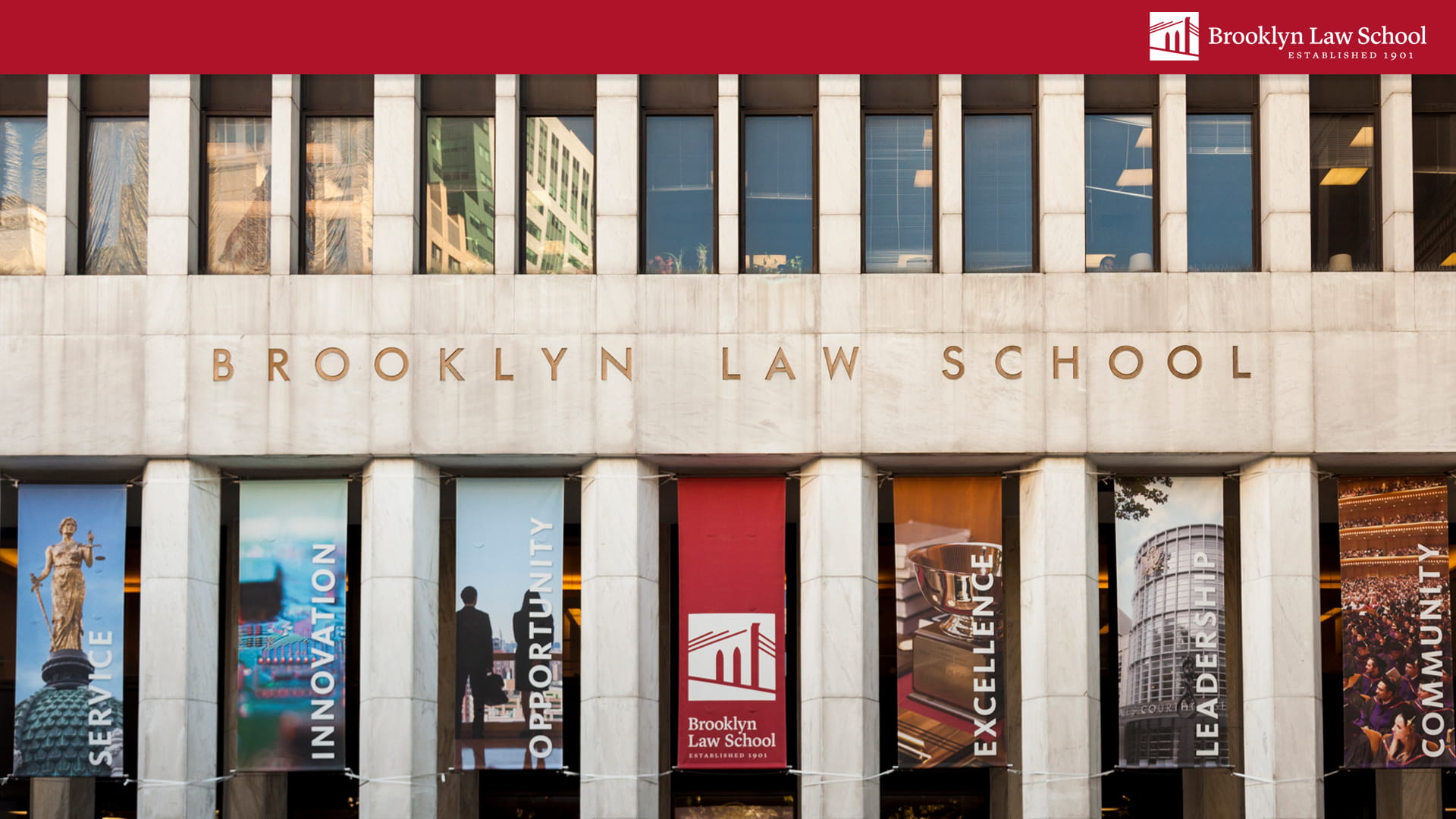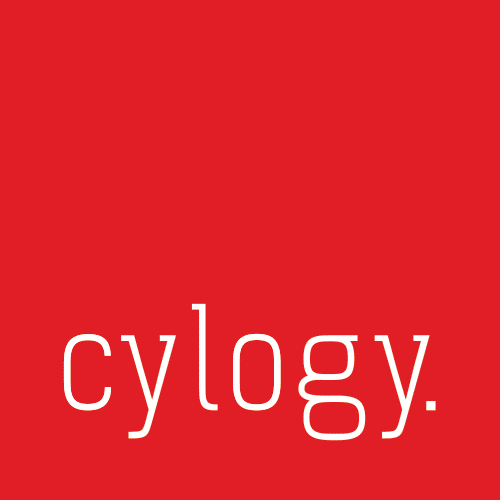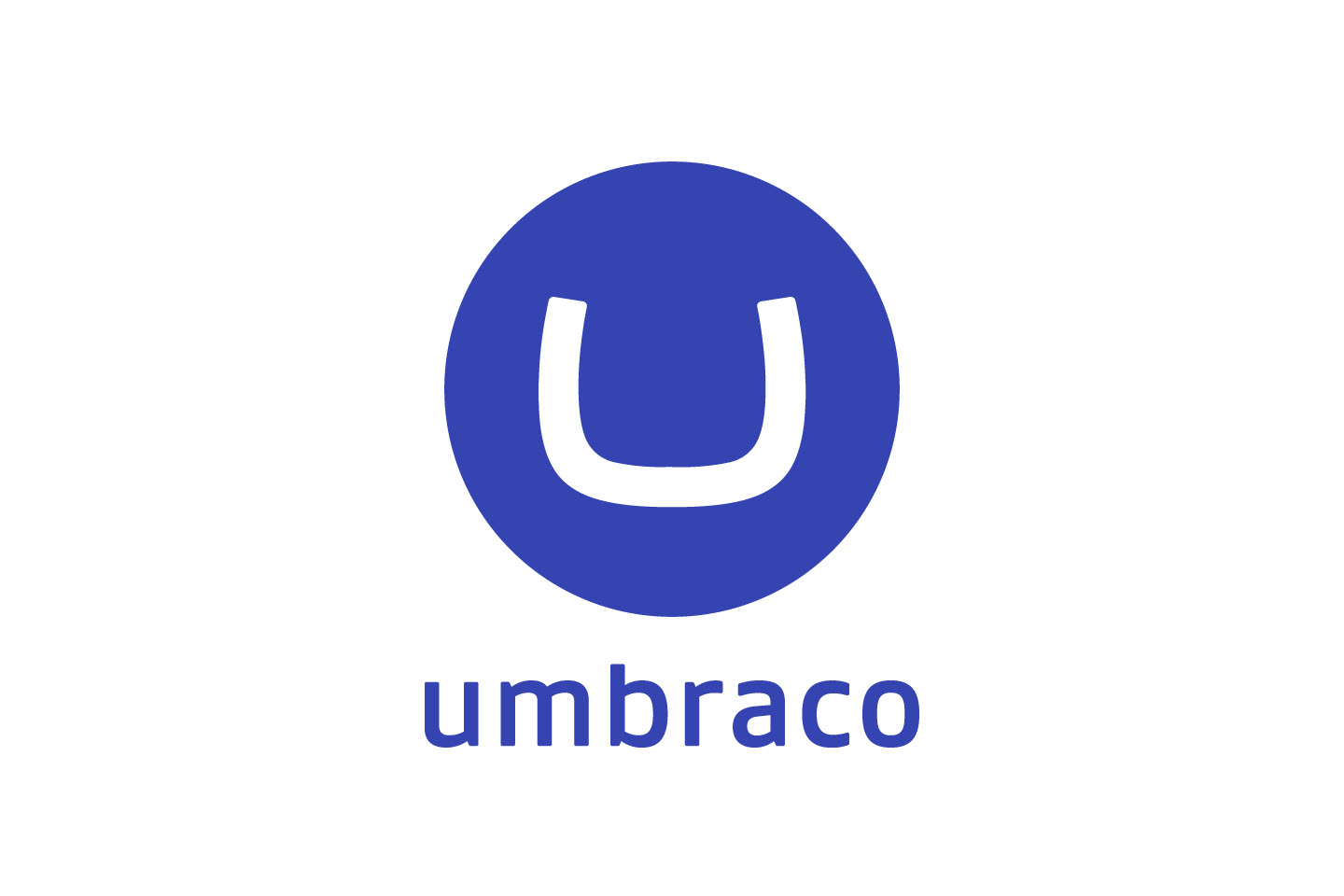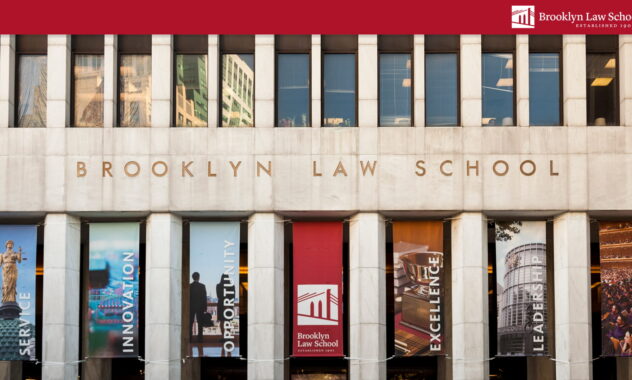Higher Ed Website Migration to Umbraco Cloud
Brooklyn Law School achieved a seamless and cost-effective CMS migration to Umbraco Cloud, enhancing efficiency and simplifying content management.
Project Description
CMS Evaluation
The project began with a comprehensive CMS evaluation, focusing on:
Identifying key business goals
Analyzing the current platform’s version, costs, and pain points
Evaluating a range of platform options, including Sitecore (the existing platform), open-source PHP and .NET solutions, and native headless options
While Drupal emerged as a strong contender due to its flexibility and open-source nature, several drawbacks were identified:
The platform necessitates an average of 4-8 manual upgrades annually, alongside frequent manual module updates.
Essential modules are required to achieve baseline functionality, which complicates maintenance due to dependency management.
The heavy reliance on modules, coupled with disruptive release cycles, results in high maintenance costs. Although Acquia DXP aims to address these challenges, it presents a significant financial investment.
After a thorough evaluation of various platforms, Umbraco emerged as the ideal solution for Brooklyn Law School. This decision was rooted in Umbraco’s balance of flexibility, affordability, and usability within a modern SaaS, open-source framework. Importantly, Umbraco also offered pathways for future evolution into headless architecture and personalization capabilities.
Umbraco Migration Strategy
To facilitate the migration from Sitecore to Umbraco Cloud, we conducted a thorough inventory of all existing Sitecore templates, pages, and assets. A strategic content migration plan was developed utilizing custom scripts to ensure a seamless transfer of content while preserving interlinking relationships between pages and media files.
Maintaining the original content tree structure from Sitecore within Umbraco was critical to ensuring a smooth transition for Brooklyn Law School’s content editors. We strategically scheduled the migration during the summer months, coinciding with a period of reduced events and content editing activities.
Recognizing Umbraco’s reputation as the “Friendly CMS,” we minimized the need for extensive training by leveraging its intuitive admin interface. Nonetheless, we conducted three tailored training sessions for various content editing groups to enhance familiarity with the new system. To further support users, we customized the content dashboard with direct links to tutorials, ensuring ongoing accessibility to learning resources.
Impressive Outcomes
The migration to Umbraco yielded substantial benefits for Brooklyn Law School:
Significant reduction in subscription costs
Consolidation of infrastructure vendors into Umbraco Cloud
Introduction of a CDN and a third environment with integrated DevOps management
Implementation of a visual page builder with WYSIWYG capabilities
Automated redirect management and built-in analytics without reliance on third-party plugins
Automated version upgrades, reducing maintenance overhead
User feedback post-launch was overwhelmingly positive, with content editors praising the simplicity and intuitiveness of the new CMS. The reduction in unnecessary complexity not only improved user satisfaction but also led to a lower total cost of ownership.
Looking Ahead
With this successful migration, Brooklyn Law School is now ideally positioned to implement new site features and prepare for a comprehensive site redesign. The flexibility and scalability of the Umbraco platform provide a solid foundation for future digital innovations.
This project exemplifies how a strategic approach to CMS selection and migration can transform an organization’s digital capabilities, reduce costs, and improve user satisfaction. By leveraging the strengths of the Umbraco platform and implementing a well-planned migration strategy, we were able to deliver a solution that not only met but exceeded Brooklyn Law School’s initial objectives.
Key Decision Factors
- SaaS Model: Streamlining infrastructure management, and integrating best-in-class features within a unified platform.
- Out-of-the-Box Functionality: Umbraco provides sophisticated content editing capabilities without relying on custom development or additional plugins, reducing dependencies for a more maintainable system.
- Automated Upgrades: Shifting resources from routine maintenance to innovations.
- Cost-Effective Ownership: The combination of streamlined infrastructure, reduced dependencies, and automated upgrades translates to a lower total cost of ownership, aligning with the school’s fiscal objectives.
- User-Centric Content Editor: Umbraco’s clean, intuitive interface enhances user adoption and productivity.
- Higher Education Adaptability: The platform’s flexibility makes it particularly suitable for academic institutions, offering seamless integration with specialized higher education platforms.
- Future-Ready Architecture: Umbraco provides clear pathways for future evolution, including headless architecture, advanced personalization and A/B testing capabilities.
Technology Partners





